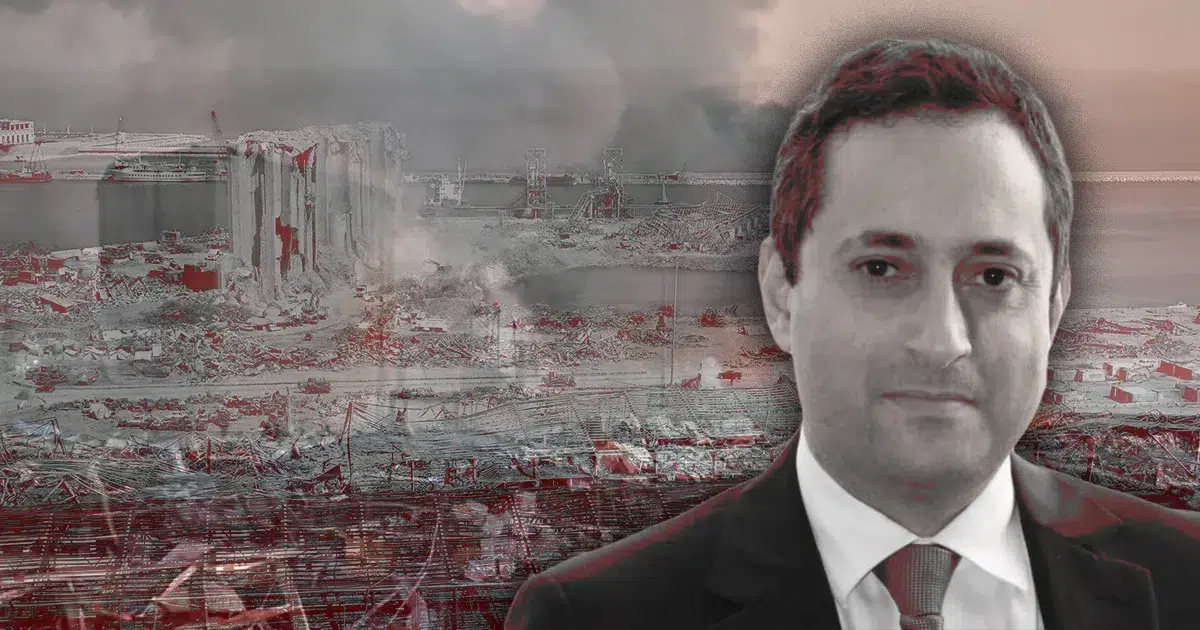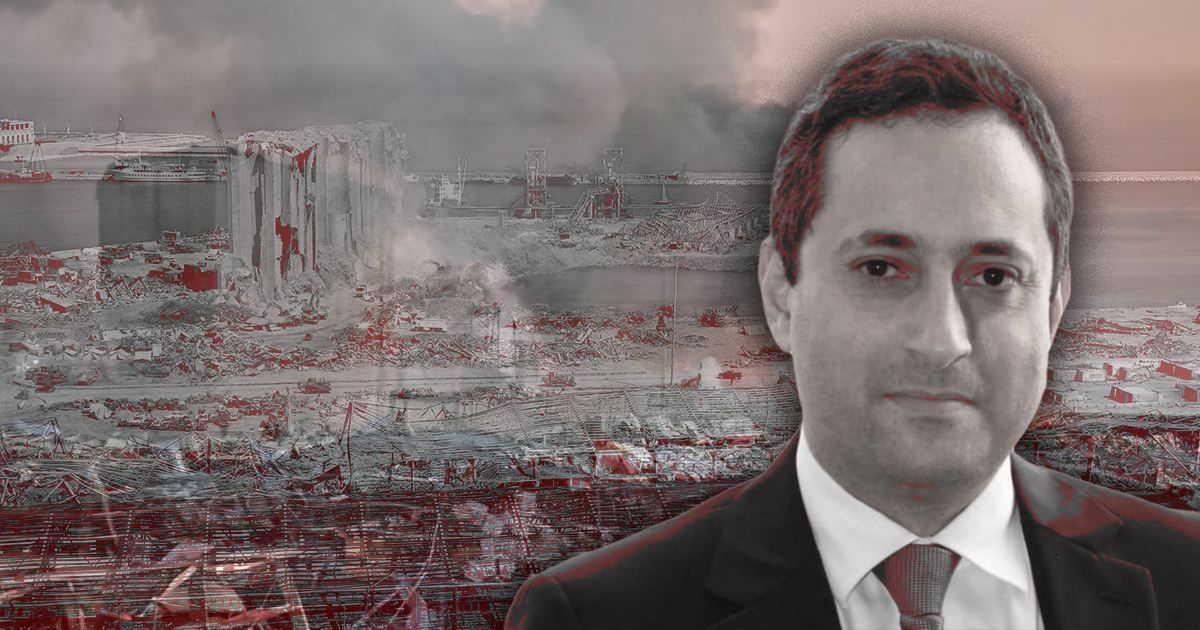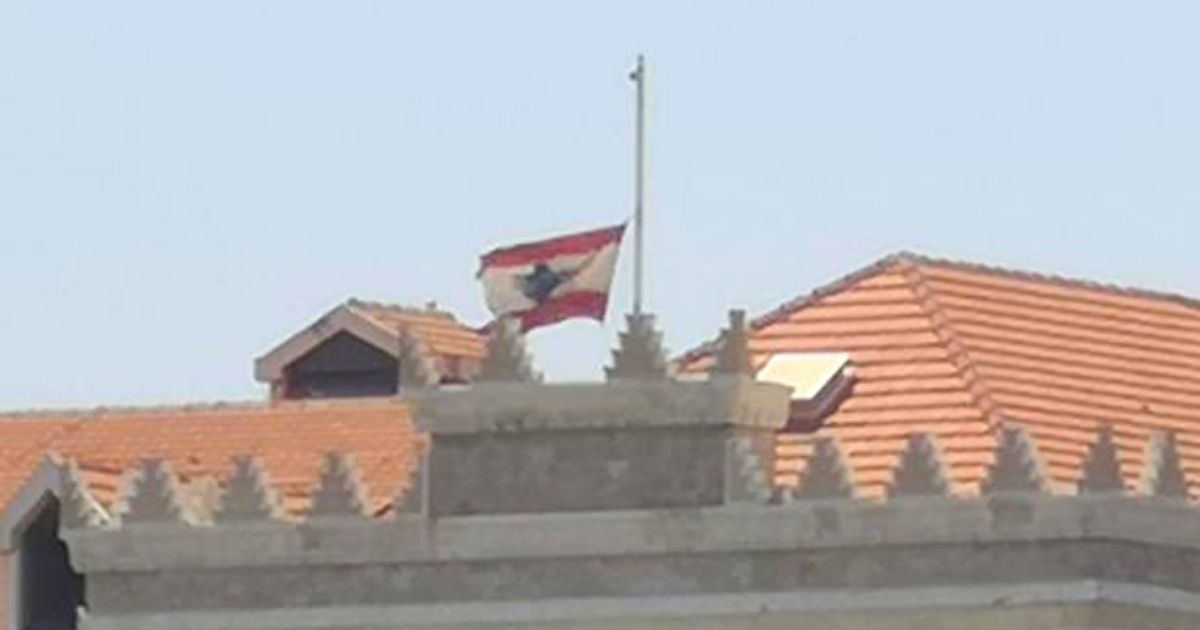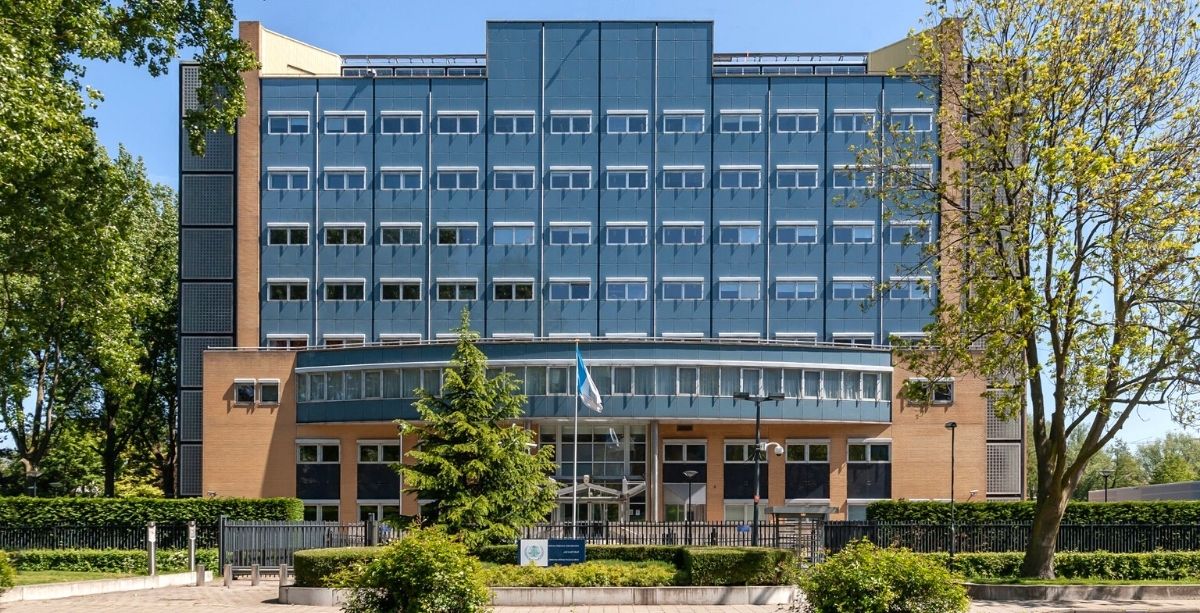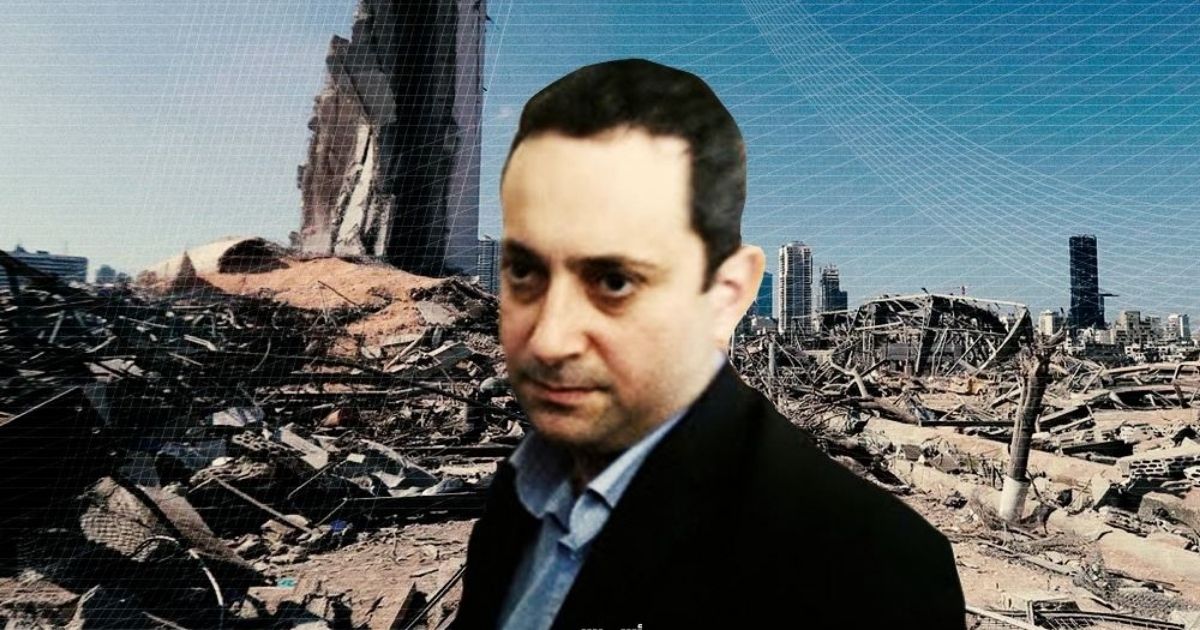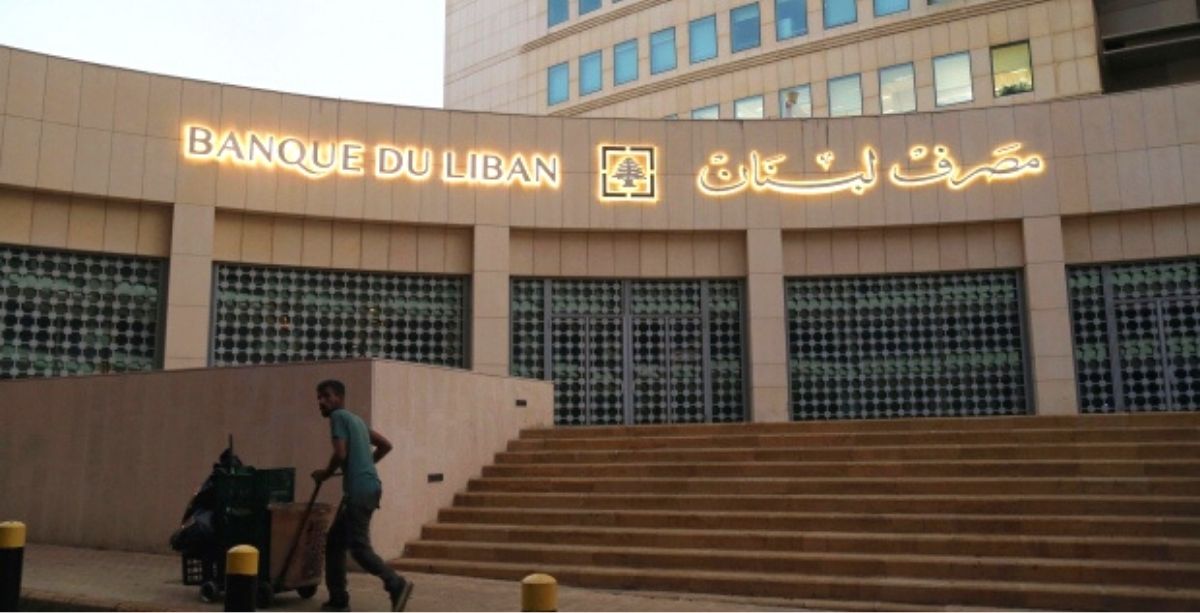The Zahrani power plant located in south Lebanon is one of Lebanon’s four main electricity producers. Recently, its name has been making headlines in Lebanon. Here is all the information summed up.
No fuel, no power
First, the power plant was forced to shut down on Sunday after it ran out of fuel resulting in long hours with no state electricity across parts of Lebanon.
According to Électricité du Liban, a complication occurred over how to test gas oil which is delaying the offloading of fuel shipment that arrived in Lebanon.
In addition, due to the recent blockage of the Suez Canal, fuel headed to Zahrani from Kuwait was also delayed.
Finding nuclear substances
Over the weekend, a controversy was caused over the discovery of possible dangerous nuclear material at the Zahrani Oil Installations.
Caretaker Prime Minister Hassan Diab said that Combilift, the German company that found the dangerous materials at the Beirut port after the blast, also uncovered unclear material at Zahrani.
However, the Lebanese Atomic Energy Commission assured later that the substances posed no threat or harm as they were neither explosive nor flammable.
Solutions, maybe?
On Monday, the Lebanese parliament approved a $200 million loan for fuel imports to avoid blackouts across the country.
However, according to local media, the funds are being secured using the money of Lebanese depositors in local banks. That is the same funds that Lebanese people cannot access, also infamously called ‘lollars’.
Moreover, the concerning substances found at Zahrani were given to the Lebanese Atomic Energy Commission to be used for research and scientific purposes.
Finally, as the Suez Canal reopened, the fuel shipment from Kuwait is reportedly due to arrive later this week.


